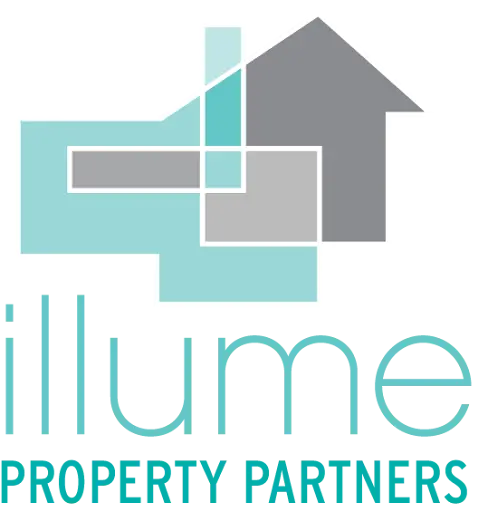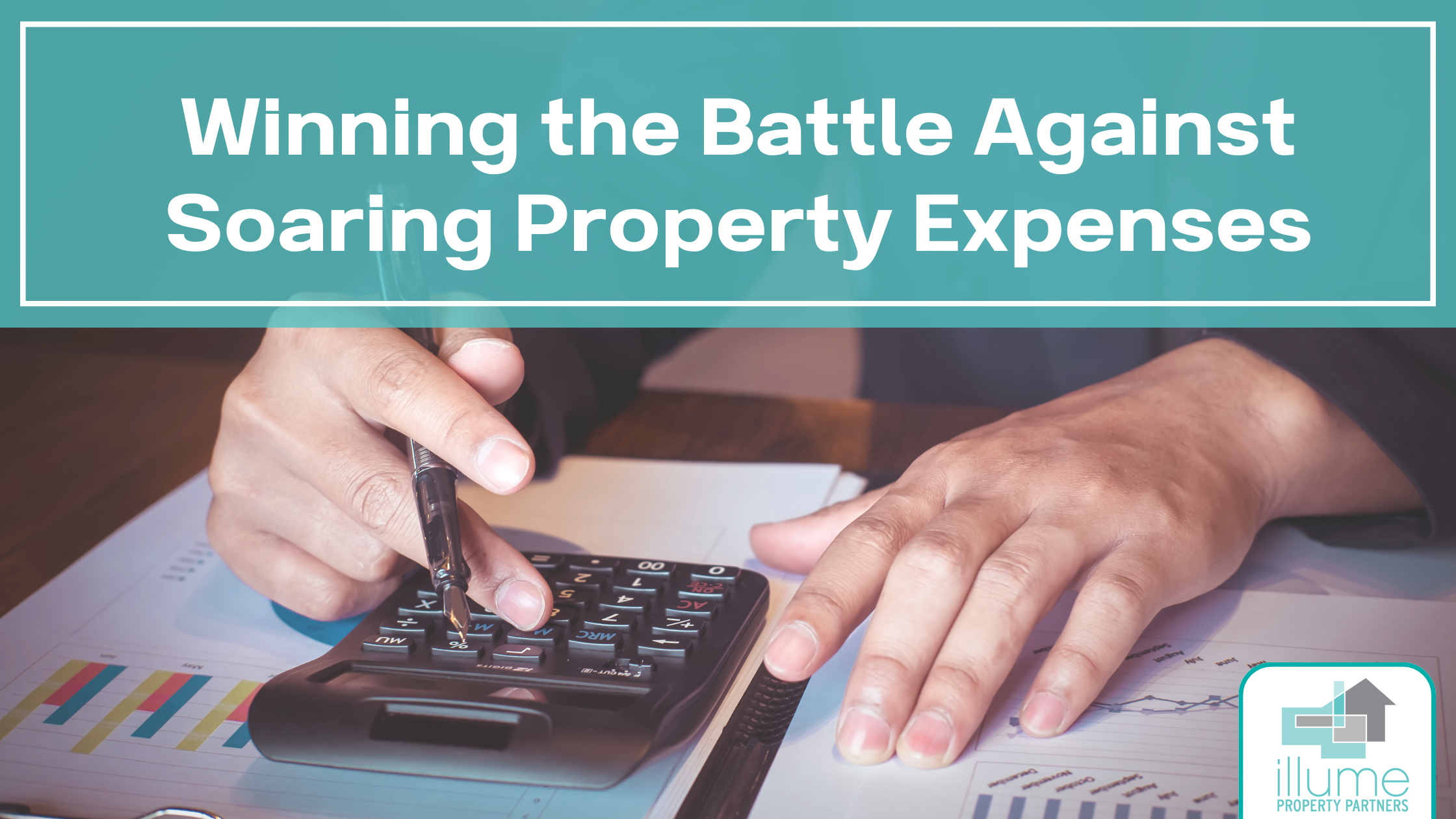As a homeowner, managing a rental property is both a significant investment and a responsibility. With rising costs across the board—ranging from insurance premiums to maintenance expenses—it's crucial to adopt effective strategies to manage these increased property management expenses. This blog explores practical ways to navigate these challenges and keep your property profitable.
Understanding the Rising Costs in Property Management
Over the past few years, property management costs have seen a notable increase. According to a report by CoreLogic, homeowner insurance premiums have risen by an average of 12% nationwide since 2022 due to natural disasters, increased building costs, and inflation. Additionally, property taxes in some states have surged by over 10%, putting more financial strain on property owners. Maintenance and repair costs have also climbed due to higher labor and material prices, especially post-pandemic, with material costs such as lumber seeing a 50% increase at peak periods in 2021, as reported by the National Association of Home Builders (NAHB). Homeowners must understand these rising costs and their impact on rental income to make informed financial decisions.
Optimize Property Operations to Reduce Costs
One of the most effective ways to manage rising costs is by optimizing property operations. Implementing preventive maintenance rather than reactive repairs can significantly lower maintenance expenses. The NAHB states that proactive maintenance can reduce emergency repair costs by up to 30% over time. This means scheduling regular inspections and servicing for critical systems such as HVAC, plumbing, and electrical setups, which can prevent costly breakdowns and extend the lifespan of these systems.
In addition, leveraging technology can streamline operations and reduce administrative costs. Property management software can automate rent collection, tenant communication, and maintenance requests, minimizing the need for manual oversight. This not only saves time but also reduces the potential for costly errors. A study by AppFolio found that property managers using comprehensive management software can reduce operational costs by up to 20% while increasing tenant satisfaction due to more efficient service delivery.
Consider Value-Added Services
Offering value-added services to tenants can help offset increased property management costs while enhancing tenant satisfaction. Services such as laundry facilities, high-speed internet packages, or on-site storage can generate additional revenue streams. According to a survey by Zillow, 65% of tenants are willing to pay more for properties that offer additional conveniences and amenities, which could help increase overall profitability For instance, providing shared coworking spaces or package delivery systems in multi-family properties can add value without a significant upfront investment. The National Multifamily Housing Council (NMHC) reports that properties offering unique amenities like these can see rent increases of up to 15% compared to those without them.
Reevaluate and Adjust Rent Strategically
With rising costs, it may be necessary to reevaluate and adjust rent prices. However, it's essential to do this strategically. Researching the local market to understand competitive pricing and identifying when and by how much to increase rent can help maintain occupancy rates while covering increased expenses.Regularly reviewing lease agreements and adding clauses that allow for periodic rent increases tied to market rates or inflation can provide flexibility and protect against sudden cost hikes.
Leverage Tax Deductions and Incentives
Homeowners can take advantage of tax deductions to help mitigate rising costs. Deductions on mortgage interest, property taxes, maintenance expenses, and even depreciation can significantly reduce taxable income, offering some financial relief. Additionally, there are federal and state incentives for making energy-efficient upgrades to rental properties. Programs like the Energy Star Certification and Residential Renewable Energy Tax Credit offer substantial rebates and tax deductions for installing energy-efficient windows, solar panels, and HVAC systems. These incentives can lower utility costs and attract eco-conscious tenants, potentially leading to higher occupancy rates and rent.
Rising property management costs present a challenge, but with the right strategies, homeowners can navigate these expenses while maintaining profitability. By optimizing operations, offering value-added services, strategically adjusting rents, and leveraging tax incentives, homeowners can effectively manage increased costs and ensure their rental property remains a sound investment. Staying proactive, informed, and adaptable is key to navigating the evolving landscape of property management successfully.


